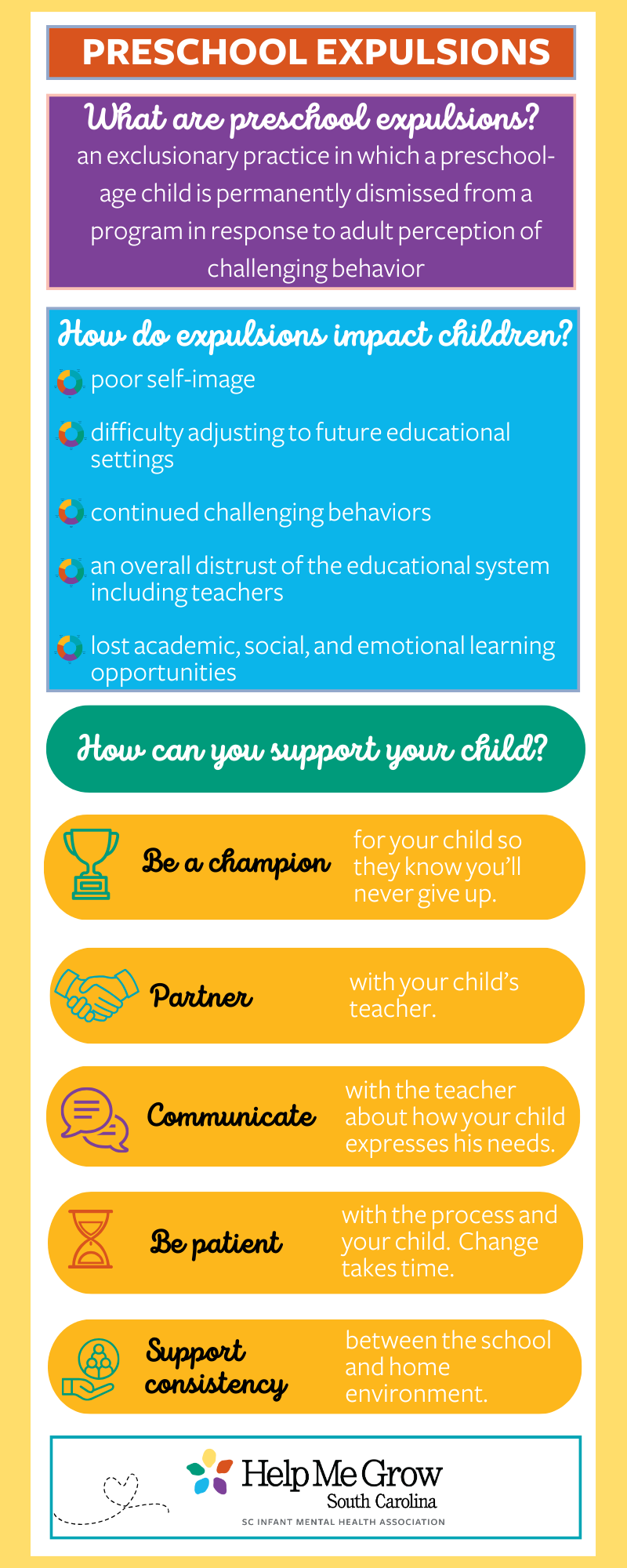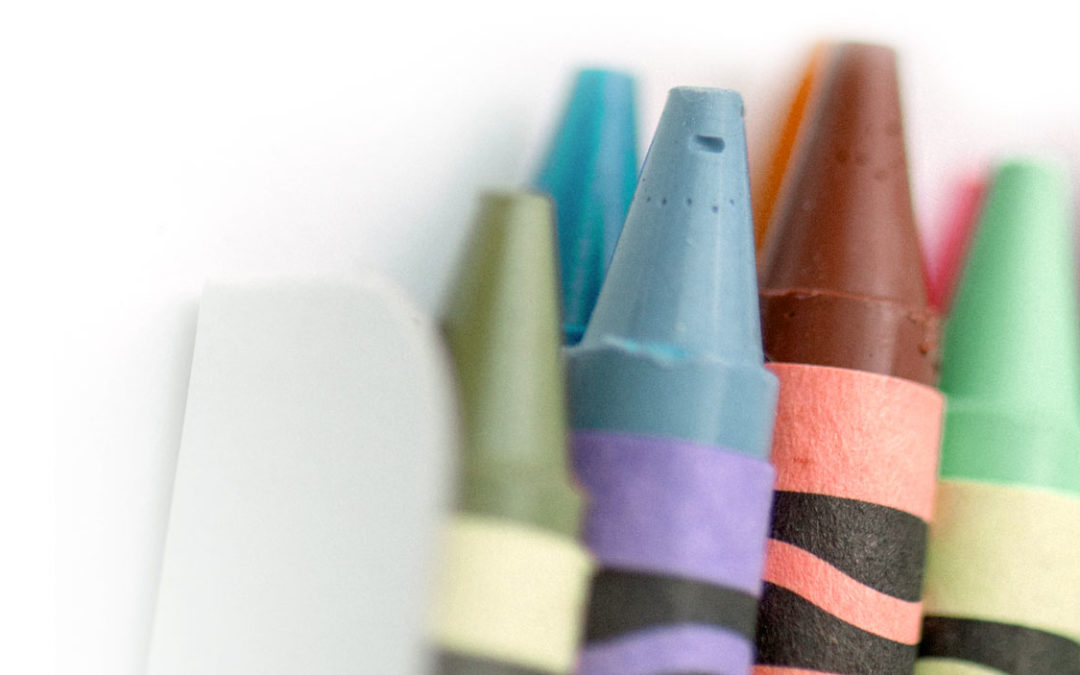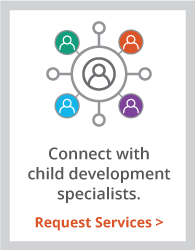Your day starts like every other day – busy, hurried, and active. You drop the kids at school and head straight to work. At 10:00, your phone rings.
It’s your child’s preschool.
With dread, you answer. They say your child’s behavior is a problem, and he can’t be controlled. You need to come pick him up.
You’re forced to take another half day off work to pick up your child. You feel humiliated, angry, and heartbroken that this is happening to your child.
Sadly, this is a familiar scene for many parents and caregivers in South Carolina. You aren’t alone.
Expulsion from preschool and childcare settings is not uncommon in South Carolina and throughout the country. In fact, preschool expulsions in the United States are three times higher than K-12 expulsions.1
Parents, caregivers, children, and early childhood educators all lose with preschool expulsions. These expulsions are emotionally, physically, and financially draining for everyone involved.
At Help Me Grow South Carolina, we know how overwhelming this can be. We’ve helped hundreds of families get the support they need during this tough time.
But let’s take a step back and consider the importance of early childhood education.

What are the benefits of early childhood education?
Quality education before a child turns five is foundational for success later in life.
According to the the National Education Association2, children who engage in early childhood education are:
- Less likely to repeat a grade
- Less likely to be identified as having special needs
- More prepared academically for later grades
- More likely to graduate from high school
- Higher earners in the workforce
The bottom line is that children engaged in quality educational experiences before kindergarten are far more likely to succeed in school and later in life.
It’s not surprising then that expulsion disrupts these early learning benefits.
What are preschool expulsions and suspensions?
In a South Carolina Infant Mental Health Association (SCIMHA) podcast, expulsion is defined as “an exclusionary practice in which a child is permanently dismissed from the program in response to adult perception of challenging behavior.”3
But it’s not always that cut and dry.
In the podcast, SCIMHA CEO Kerrie Schnake describes soft expulsion.
This is when parents are asked to pick up their child regularly because of challenging behaviors. Sometimes the early childhood center suggests taking a “break”, or may recommend moving to a shorter schedule, like half days.
Eventually, the school says, “The program really isn’t a good fit for your child. We can’t meet your child’s needs.”
When this happens, parents and caregivers are forced to look for a new school. And everyone in the family suffers – especially the child.
How do preschool expulsions impact children?
The South Carolina Committee on Children delivers some startling statistics about preschool suspensions and expulsions in their 2023 report.4
- South Carolina has the highest rate of preschool suspensions in the country.
- 15.5% of children being suspended or expelled are students with disabilities.
- 61.2% of children suspended or expelled are Black.
The report describes children experiencing long-term consequences from expulsion. These include:
- Poor self-image
- Difficulty adjusting to future educational settings
- Continued challenging behaviors
- An overall distrust of the educational system and teachers
- Lost academic, social, and emotional learning opportunities
Families and caregivers also suffer from expulsions. Lost time from work resulting in loss of income and a general distrust of educational institutions are commonly seen.
As a result of preschool expulsions, children feel unwanted. Parents and caregivers feel helpless, hopeless, and in anguish seeing their child in pain.
Understandably, everyone’s left asking, “Now what? Where do we go from here?”
Where can you go for help?
Experts in early childhood development agree it’s important for you to continue fighting for your child. Even on those days when you don’t feel seen or heard, continue to fight. Schnake says, “Be your child’s champion.”
We also recommend taking these steps:
- Build a partnership with your child’s teacher.
- Openly communicate with your child’s teacher about how he expresses his needs.
- Be patient with the process.
- Support consistency between the school and home environment.
- Reach out for help.
If your preschooler has been suspended or expelled, you might be at a loss for what to do next.
Help Me Grow South Carolina is here to support you. Our core belief is that all children should be able to grow, develop, and thrive to reach their full potential.
We’ll partner with you to navigate the available services and supports within your community. Together, we’ll develop an individualized resource pathway and connect you with services.
To get started, complete our Service Request. A Help Me Grow South Carolina care coordinator will follow up with you to begin the process.
There’s hope and help available with preschool expulsion prevention. The pathway to support starts here.
Help Me Grow South Carolina is a free service regardless of insurance coverage and available to all families of small children living in South Carolina.
You don’t have to tackle this alone. Get started today with the Service Request.
Let us partner with you. Let us support you.
Sources
1 Child Welfare League of America
2 National Education Association
3 South Carolina Infant Mental Health Association (SCIMHA) podcast



